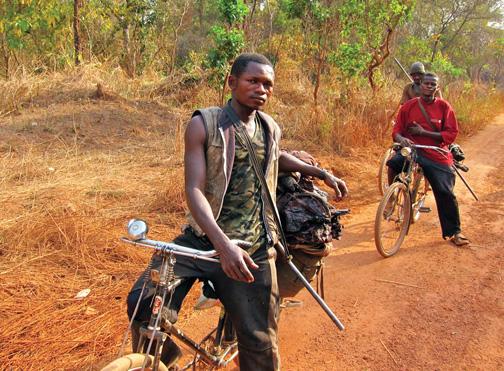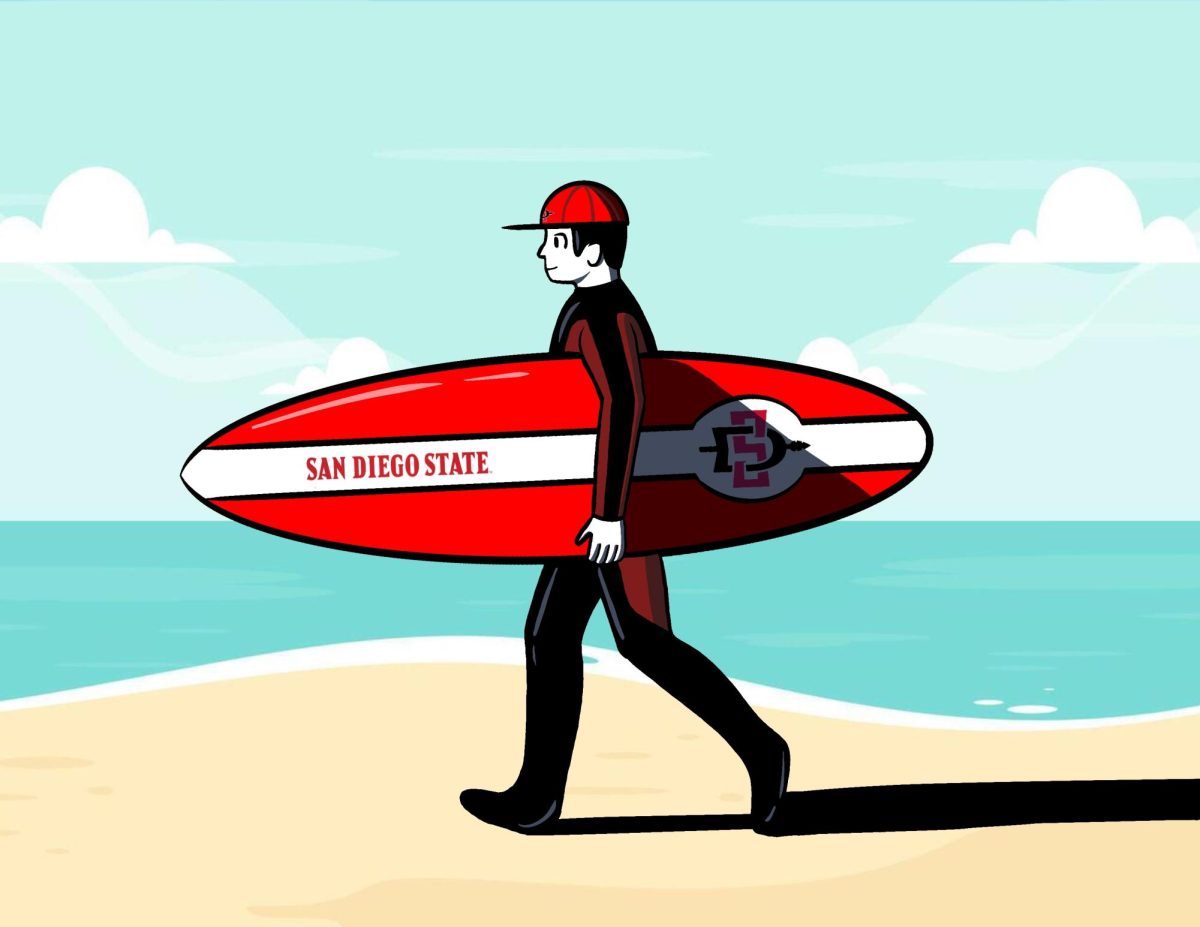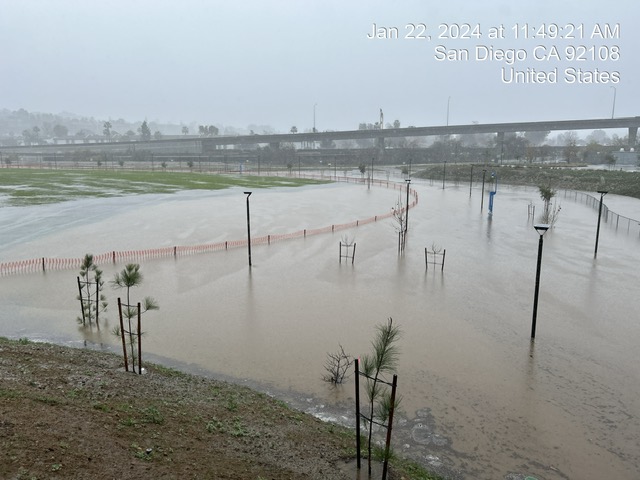
As of March 24, the Central African Republic has been overthrown by rebels. The invasion of the country’s capital of Bangui came two months after a peace agreement signed by the Seleka rebel coalition, which allowed President Francois Bozize to finish his term until 2016.
The Associated Press reported after seizing the presidential palace, the rebels declared the country has just “opened a new page in its history.”
In December, rebels from several armed groups integrated to create the Seleka coalition and took towns by force across northern CAR. At first, the groups threatened to march on Bangui, but later agreed to engage in peace talks and made an agreement on Jan. 11. The agreement fell apart in recent weeks when rebels accused the president of failing to keep the promises he made, which prompted the advance of rebels into Bangui and Bozize’s departure.
BBC reported Bozize said “Chadian special forces” helped the Seleka rebel movement lead the final operation of the rebellion from March 23 to 24.
The conflict between the Seleka coalition and the CAR government has led to 37,000 people becoming refugees and 173,000 people were displaced during the last four months.
“Many left their homes in a hurry and were unable to bring personal belongings with them. People are either without places to live or being accommodated by local families—who themselves live in extreme poverty,” UN High Commissioner for Refugees spokesman Adrian Edwards told journalist in Geneva.
Reuters reported Seleka leaders have threatened to expel foreign forces, but Uganda will maintain its troops stationed in CAR. South African troops, on the other hand, will withdraw its forces because of the agreement with which they were deployed became void as a result of the coup, Al Jazeera reported.
During the March insurgency, soldiers among South Africa’s force defending the now—ousted regime spoke about their trauma after realizing they were shooting at children among the approximately 3,000 rebels, The Guardian reported.
“It was only after the firing had stopped that we saw we had killed kids,” a soldier was quoted by South Africa’s Sunday Times. “We did not come here for this…to kill kids. It makes you sick. They were crying calling for help…calling for (their) mums.”
Another soldier told the paper, “We killed little boys…teenagers who should have been in school.”
Xinhua reported an 18-month proposed transition period for the CAR by the Economic Community of Central African States. Leaders in the organization proposed the formation of a council to assume an executive role and of a constituent assembly for the transitional period. Without ECCAS’s recogniztion, Seleka leader, Michel Djotodia announced last Monday he would serve as both president and defense minister while rebels would fill other top posts.







